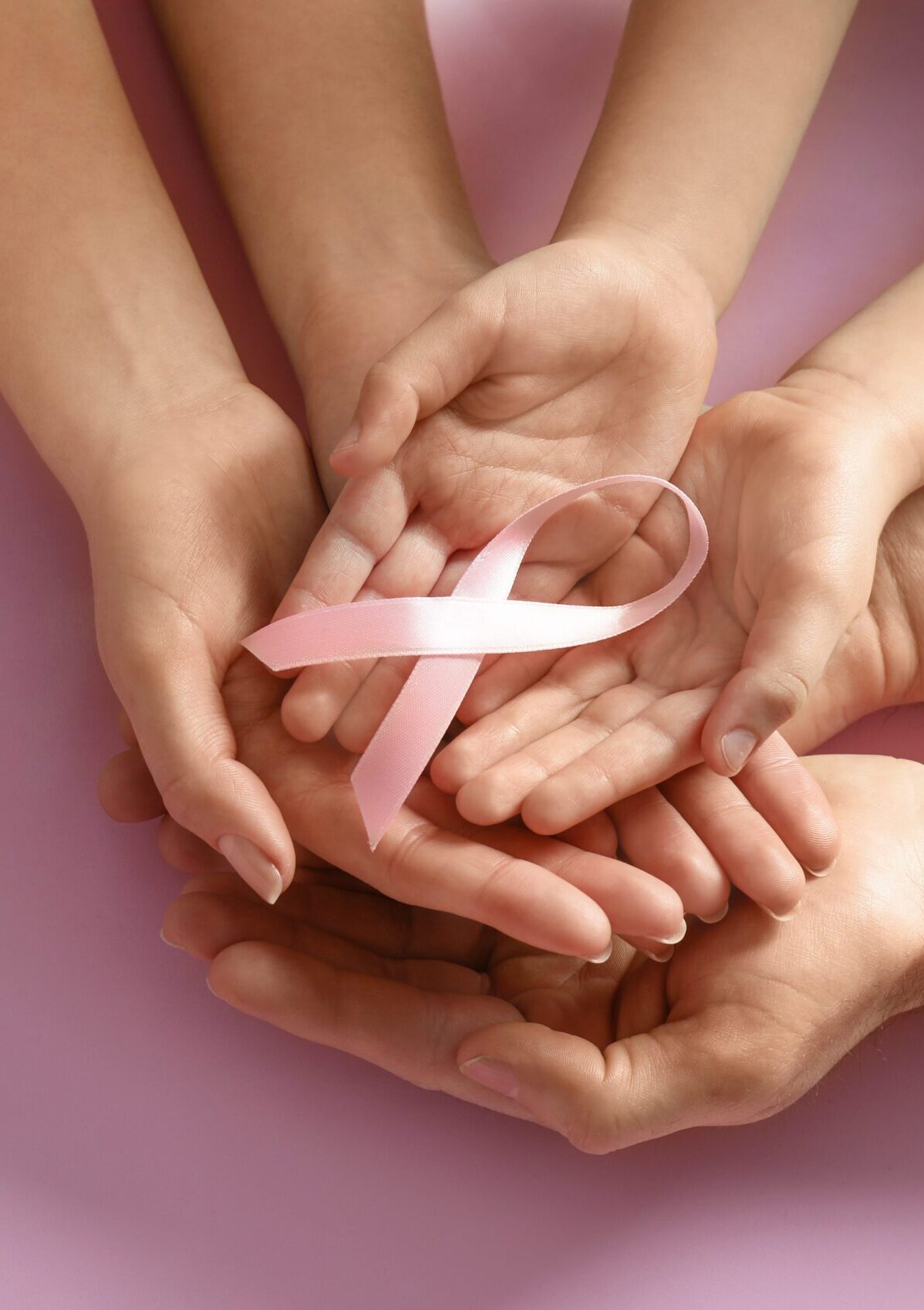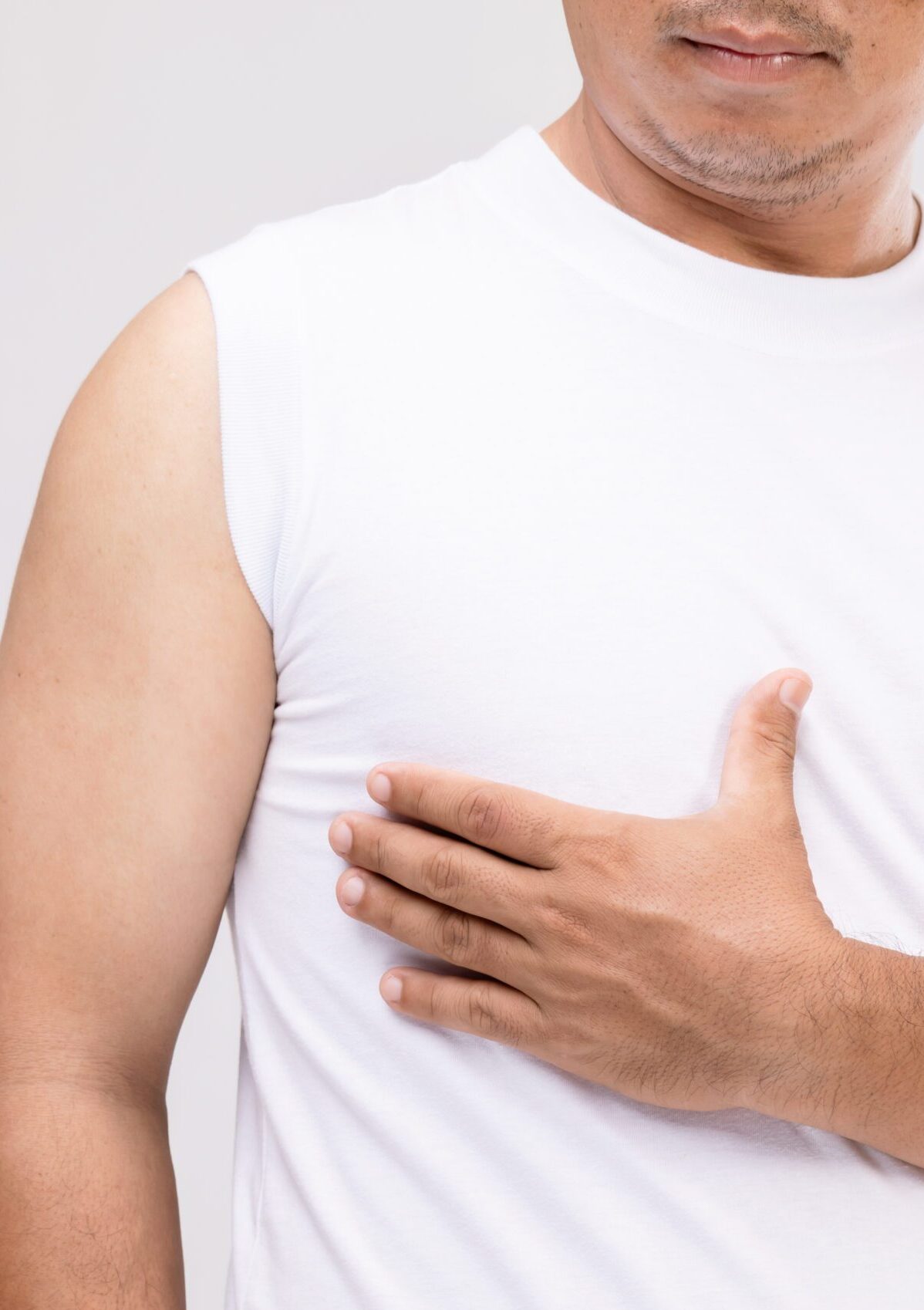Breast Cancer 101: What Everyone Needs to Know



Breast cancer is frequently perceived as a condition that primarily affects women; however, it is essential to recognize that men can also be impacted by this disease. In this blog, we will explore vital health tips, strategies for promoting healthy living, and guidance on when to seek professional medical assistance. We invite you to join us in this important discussion as we navigate the complexities of breast cancer awareness for all genders.
Understanding Breast Cancer
Breast cancer is a condition where cells in the breast begin to grow uncontrollably, forming a tumor that can affect surrounding tissues and even spread to other parts of the body. It can occur in both men and women, though it is far more common in women. According to the American Cancer Society, approximately 1 in 8 women will be diagnosed with breast cancer in their lifetime, which translates to nearly 13% of the female population. To put that into perspective, in 2023 alone, it was estimated that about 297,790 new cases of invasive breast cancer would be diagnosed in women and around 2,800 cases in men.
Additionally, the survival rate is significantly influenced by early detection. The 5-year relative survival rate for women with localized breast cancer, meaning it has not spread beyond the breast, is an encouraging 99%. However, if the cancer has spread to nearby lymph nodes, that rate drops to about 86%. Preventative measures such as regular screenings can detect cancer early when it is most treatable. In fact, women who have annual mammograms after age 40 can reduce their risk of dying from breast cancer by about 20-25%.
Health Tips for Everyone
1. Know Your Risk
Understanding your family history and any personal risk factors is vital. Breast cancer can be influenced by genetics, lifestyle choices, and age. If you have a family history of breast cancer or other risk factors (like specific genetic mutations), insight into your risk can prompt earlier screening and preventive measures.
2. Perform Regular Self-Exams
Self-exams aren’t just for women! Men, too, should become familiar with their bodies. Knowing how your breast tissue normally feels allows you to notice any changes. Here’s how to perform a self-exam:
- Stand in front of a mirror with your arms raised. Look for any visible changes, such as lumps or swelling.
- While in the shower, use your fingers to feel for lumps or unusual lumps in a circular motion.
- For men, this includes feeling the area around the breast and chest.
Make it a monthly habit!
3. Stay Physically Active
Exercise is a powerful weapon in the fight against various cancers, including breast cancer. Aim for at least 150 minutes of moderate aerobic activity or 75 minutes of vigorous activity each week. Not only will physical activity keep your weight in check, but it also helps improve your overall well-being.
4. Eat a Balanced Diet
What we eat plays a significant role in our health. Focus on a diet rich in:
- Fruits and vegetables: Aim for a variety of colors to maximize your nutrient intake.
- Whole grains: Incorporate brown rice, whole-grain bread, and quinoa into your meals.
- Healthy fats: Use olive oil, avocados, and nuts instead of saturated fats.
- Lean proteins: Include sources like chicken, fish, and legumes.
Minimize processed foods, sugar, and red meat. Keeping a food diary can help you stay mindful of your choices.
5. Limit Alcohol Consumption
Studies have shown that alcohol consumption can elevate your risk for breast cancer. If you drink, it’s best to do so in moderation—no more than one drink per day for women and two drinks per day for men.
When to Seek Professional Medical Advice
Knowing when to consult a healthcare professional can save lives. If you notice any of the following, it’s time to make an appointment:
- A lump, hard knot, or swelling in or near the breast or underarm area.
- Changes in the size or shape of your breasts.
- Persistent tenderness, itching, or rash on the breast or nipple
- Any discharge from the nipple that is not breast milk
Regular Screenings
For women, mammograms are crucial. The American Cancer Society recommends women aged 40 to 44 have the option to start annual mammograms, while women 45 to 54 should get screened annually. Women 55 and older can switch to biennial screenings, or continue annually if they prefer.
For men who might notice symptoms or have a family history, a discussion with a doctor about the need for screenings or tests is essential.
Together for a Cure: How You Can Help Beat Breast Cancer
Breast cancer awareness is a responsibility we all share, regardless of gender. Understanding the risks, maintaining a healthy lifestyle, and knowing when to seek help can significantly impact outcomes for those affected. Remember, early detection is crucial, so let’s commit to taking charge of our health together!
Let’s spread awareness and facilitate conversations about breast cancer. Join us in this fight by sharing this blog and discussing what you’ve learned with your friends and family. Together, we can make a difference!
Stay healthy and informed! 🌷



